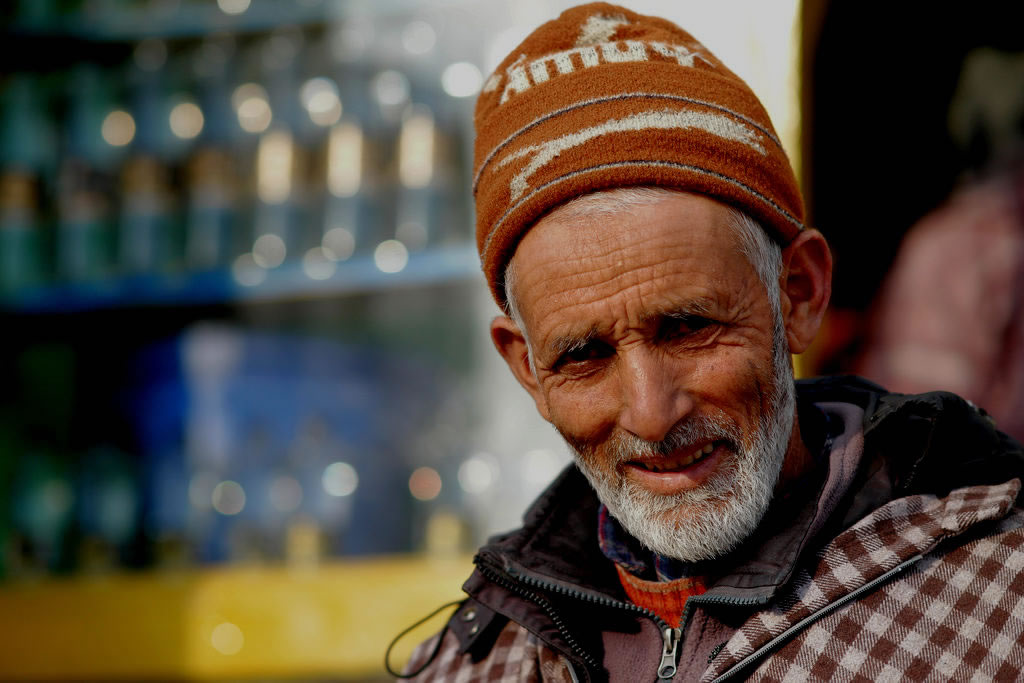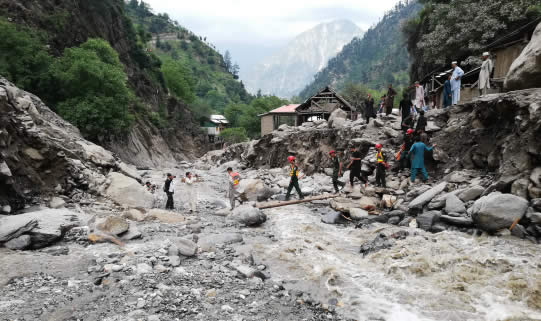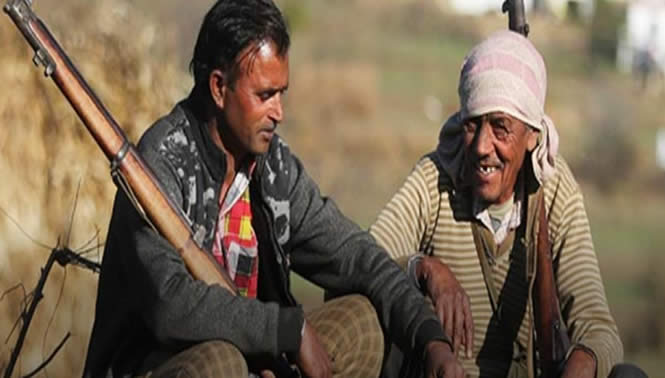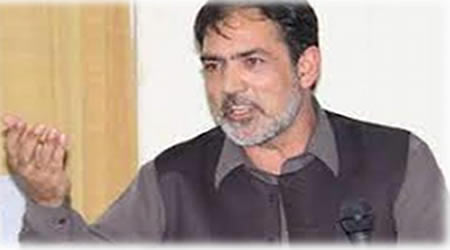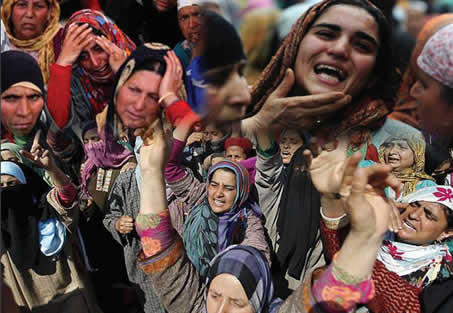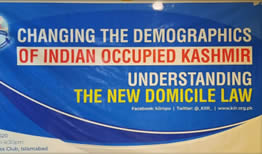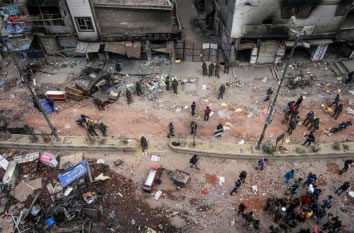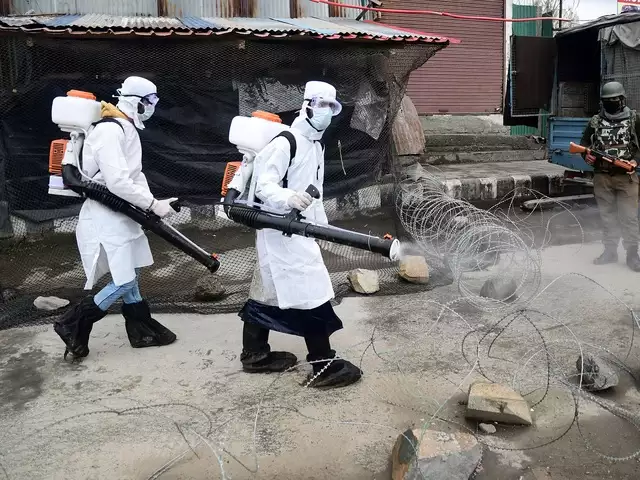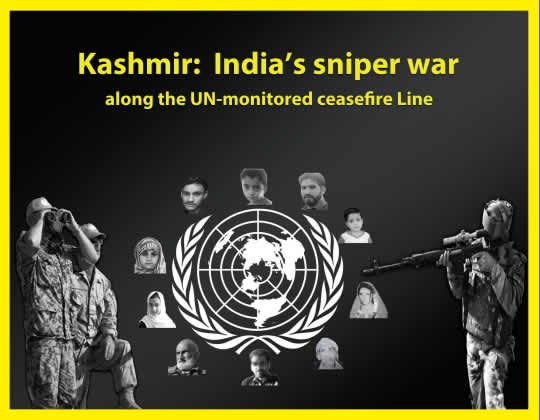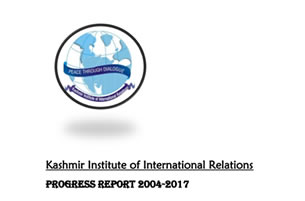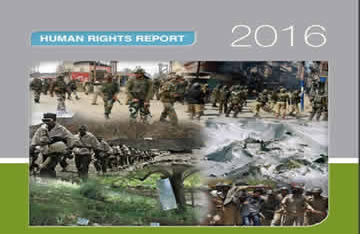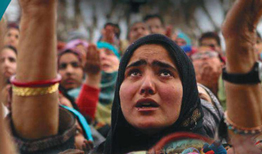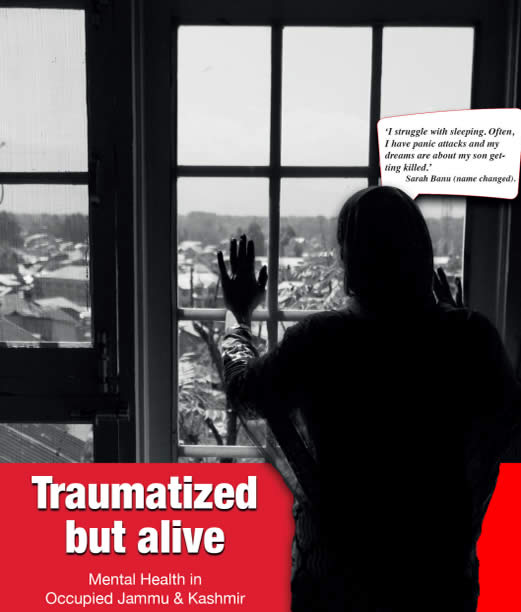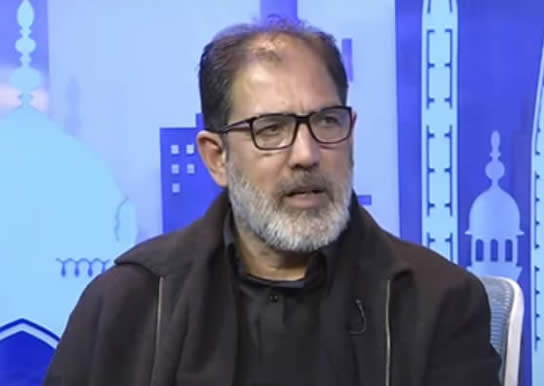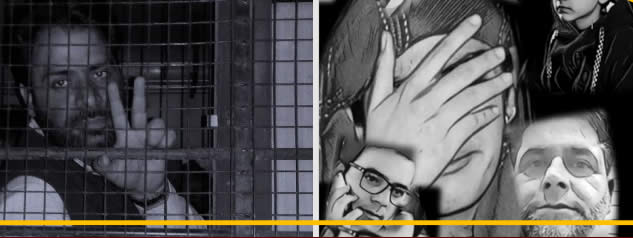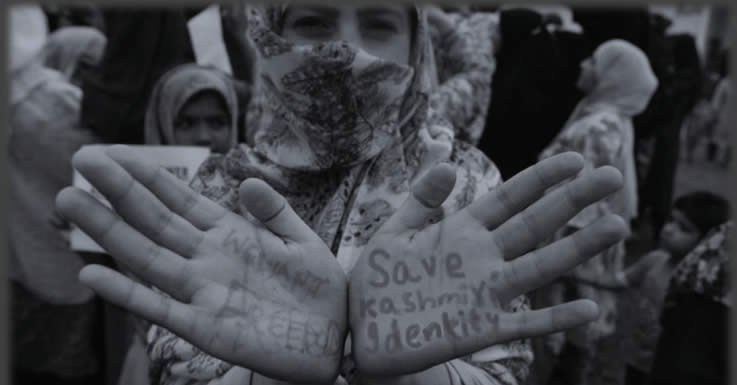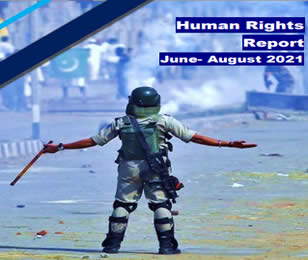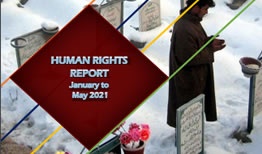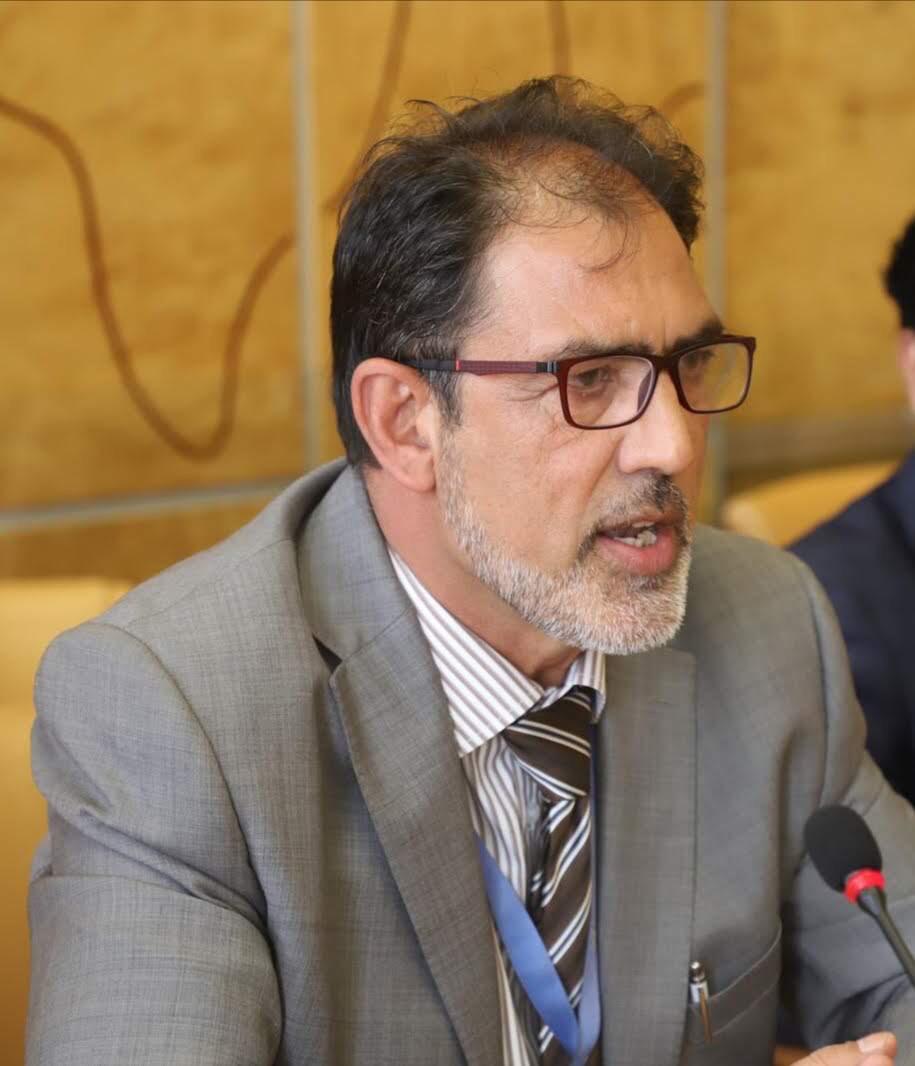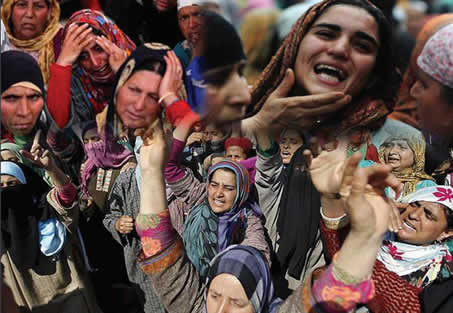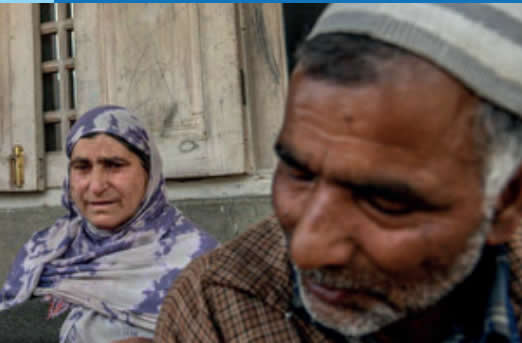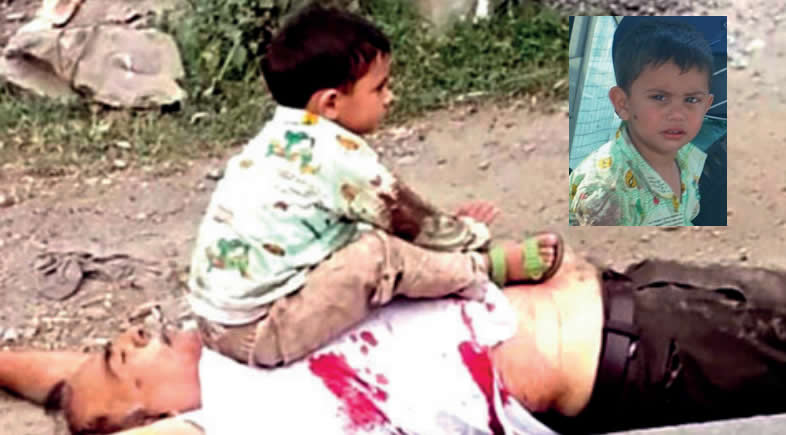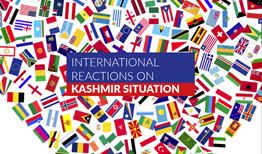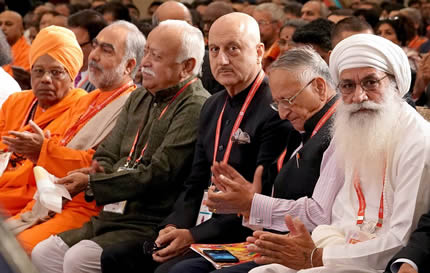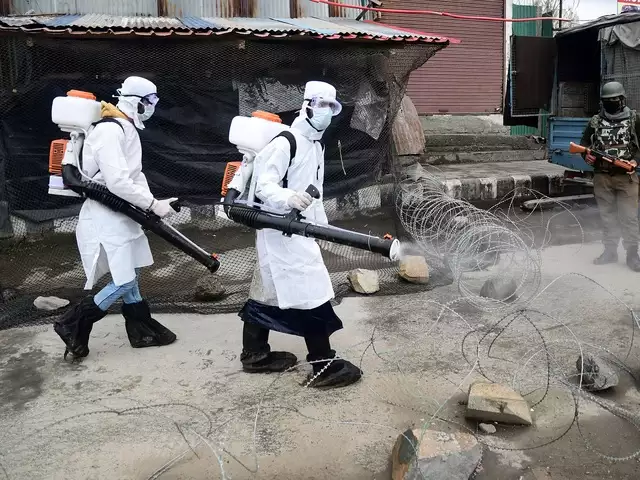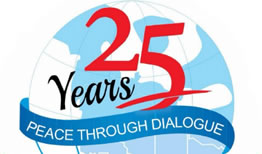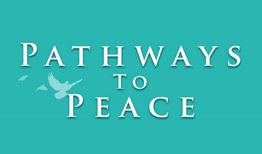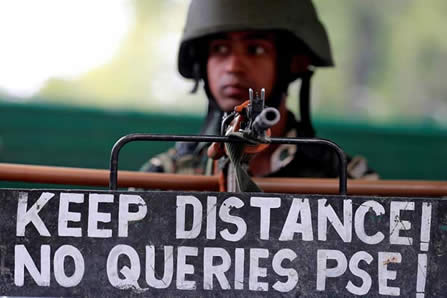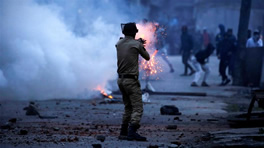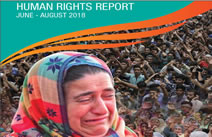Hindutva, Israeli Influence and Self-Determination Kashmir Solidarity Day Insights
Hindutva, Israeli Influence and Self-Determination Kashmir Solidarity Day Insights
The Kashmir conflict, with its roots in the denial of self-determination to the Kashmiri people since 1947, has witnessed brutal Indian repression, human rights abuses, and a complex geopolitical landscape. In tandem with these complexities, India's strong ties with Israel further complicate the Kashmir issue, by introducing additional challenges and nuances to the situation. Notably, the shared security cooperation not only boosts the economies of India, Israel, and the United States but also frames the conflicts in Kashmir and Palestine through a lens of aggressive religious nationalism Hindutva, and Zionism.
Both Kashmir and Palestine grapple with illegal military occupations, impunity for military forces, human rights violations with genocidal tendencies, mental and psychological suffering, collective punishment, and eco-strangulation. The resilience and fierce resistance exhibited by the Kashmiris and Palestinians against foreign oppressors align with their rights under international law to oppose illegal occupations. In this story of shared security interests, the aspirations of Kashmiris and Palestinians for self-determination are often reduced to the broader narrative of Muslim or Arab states causing unrest. The intertwining of religious nationalism and geopolitical alliances perpetuates a cycle of violence and oppression, leaving both regions struggling for autonomy and human rights.
It is crucial to acknowledge the role of Indian Prime Minister Narendra Modi, who, despite being denied a US visa in 2005 for his involvement in the Gujarat riots, has now earned the moniker "Butcher of Kashmir." This title aligns with previous Indian prime ministers who oversaw the brutal suppression of dissent in the region. Similarly, Israeli Prime Minister Benjamin Netanyahu, known as the "Butcher of Palestinians," presided over the devastating bombing of Gaza in 2014, resulting in the deaths of over 2,300 Palestinians, including a significant number of children. The parallel trajectories of Modi and Netanyahu underscore the shared tactics of state oppression and the challenges of holding leaders accountable for human rights violations.
The strong connection between Modi's Hindutva ideology and Israeli settler-colonialism poses a problematic model for Kashmir, especially as we react to the significance of February 5, Kashmir Solidarity Day. The shared strategies of state repression, military collaboration, and religious nationalism contribute to ongoing violence, obstructing the path to a fair and enduring resolution in both troubled regions. As the world acknowledges the complexities of this Kashmir Solidarity Day, comprehending the intertwined dynamics becomes crucial for promoting genuine peace and addressing the aspirations of Kashmiris for self-determination.
Written By: Maliha Mughal
Related Reports
